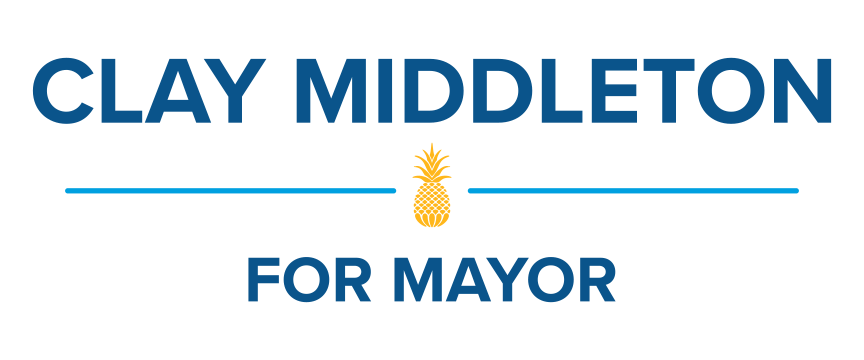Commentary on Last Black homeowners leave Charleston’s Ansonborough neighborhood
Adam Parker’s article focuses our attention on the massive loss of black owned businesses, homeownership, and folks that were displaced throughout many Charleston neighborhoods. There is little to no recognition or recollection of those neighborhoods, residents, or businesses. Now we just have occasional memories or reflections of what used to be.
I applaud and thank the Jenkins family for holding onto their property for as long as they did. Seventy-eight years of ownership is a testament to the Jenkins family’s perseverance. We should not minimize what they created, the sacrifices they have made, and the loss they endured just because they were able to create some wealth as a result of this sale.
What happened in Ansonborough is the sad and inequitable reality of gentrification and the effects of eminent domain begun generations ago and continuing now. Add to those factors, a real estate market which is reaching unstainable heights for most “locals” and those that want to call Charleston home.
Clearly, predominantly Black communities are declining rapidly in the city of Charleston, and there are no signs that is going to change. The Black and middle-class population has been shifting since long before I became aware of the problems as a Burke student in the late 1990’s. There isn’t an industry nor city ordinance that can change those facts.
But, forward-thinking leadership, sustained public/private partnerships, ongoing community engagement, inclusive creative ideas, and a sincere focus on creating equitable communities can make a tangible difference.
We need to accelerate our effort to create more affordable and workforce housing in the city of Charleston and to repair homes owned and occupied by seniors. Creating hundreds of affordable homes is not enough when we have lost thousands of homes. We can’t be satisfied until there is a focused sustainable path to providing thousands of affordable homes within the city for everyone from first-time homebuyers to middle-income workers and affordable rent for those on an hourly wage, starting out in life and those who want to age in place. We can’t be timid when facing this crisis. There are tools we can maximize further and new tools we can employ.
Of course, investors have the right to invest their money and property owners have the right to sell their property. Nevertheless, social impact investors can still make a profit and do good at the same time. This is being done in places like Charlotte, NC and Arlington, VA. City leaders are thinking and acting outside traditional norms as well. They are purchasing property and turning it over to non-profits and public owners to keep units affordable. This is being done in places like Dallas, TX, Missoula, Montana, and Gary, Indiana.
I have had the opportunity to serve, or currently serve, on the boards of some of the organizations that build homes for first-time homebuyers, offer homeownership counseling, provide down payment assistance, weatherize homes, and repair senior owner-occupied homes.
I also know personally how valuable these programs are to Charlestonians. I purchased my first home in Rosemont through a first-time homeowner program just after starting my first full-time job after graduating from The Citadel.
My service on these boards and my personal work experience has helped to equip me with the knowledge and understanding to lead Charleston in these efforts.
The reality of Parker’s article and his housing shortage series emphasizes what those of us that grew up here or lived here most of our lives and those that have been here for at least 30 years know: Charleston has changed drastically and not always for the better. New communities now exist, new people are moving to Charleston at a record pace and new history is being made. What we must forcefully do now, in an unapologetic way, is address the hard truths of our city. We must have strong leadership, focused and meaningful partnerships. We must share the belief that One Charleston includes all of Charleston.
Regardless of where we live in our great city, if we don’t rise to the occasion of recognizing and repairing the mistakes and faults of the past, as we blaze a bold path for the future, the city we love will continue on the path of “Disneyfication” and our beloved Charleston will truly not be recognizable. Not even to our newest residents.

